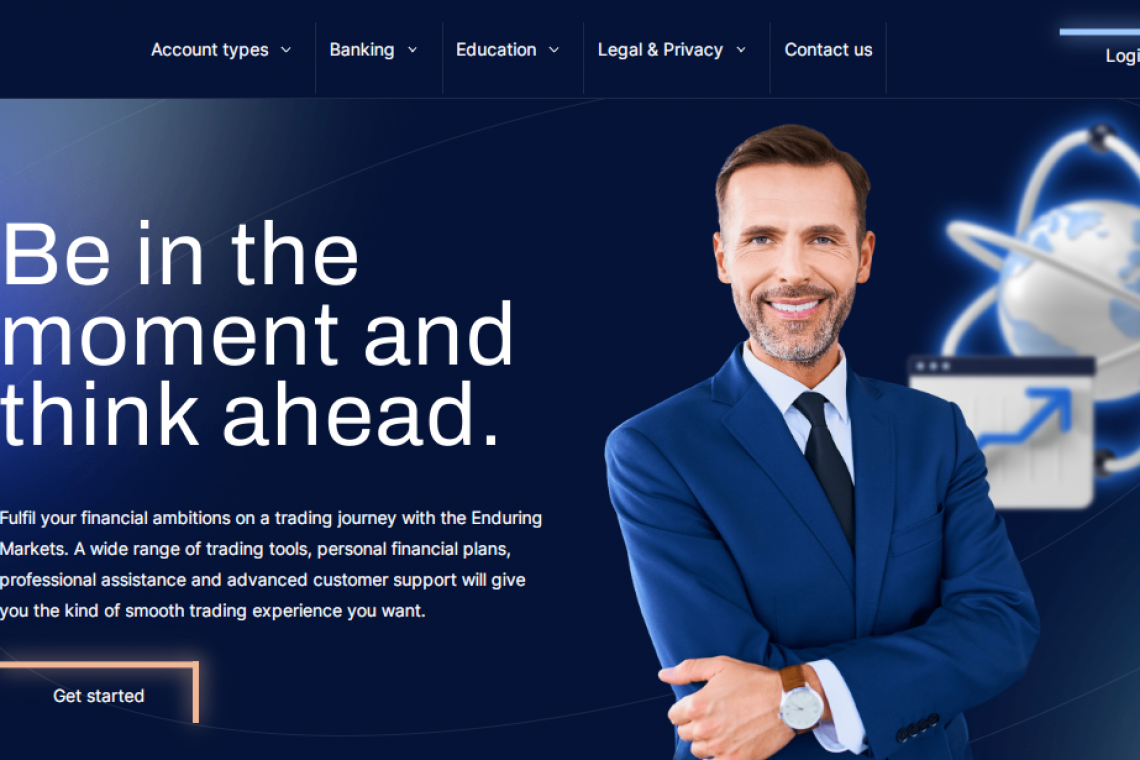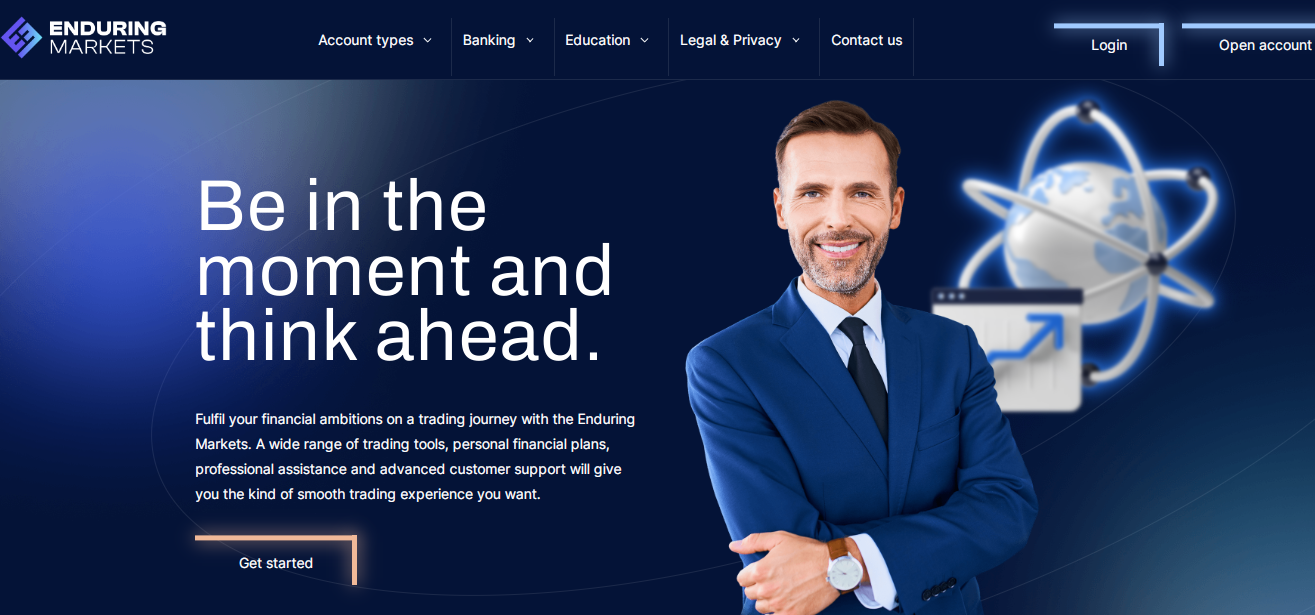Social Trading in Enduring Markets: The Future of Marketing?


So much of the marketing world is obsessed with short-term tactics. We see it in the constant stream of "new" social media channels, the gimmicky word games that marketers use to describe their services, and how so many people talk about quarterly marketing as if it's some holy grail we must achieve. But expiring marketing strategies are a sign that something is wrong. People know when something is not authentic, and that's what they think of most marketing today. It feels fake and contrived, which is why we see many expiration dates on ads for things like fast food or new movies. Marketing has become so transparent that brands can no longer get away with one-off promotional buys. People know when they're being sold something instead of being spoken to as human beings who can make an informed decision about where to spend their money.
What are social trading and Enduring Markets?
Social trading is when individuals use automated systems to mimic trading strategies practiced by experienced investors. Enduring markets don't experience the extreme highs and lows that characterize speculative markets. They're steadier, which makes them more suitable for social trading.
This type of online trading has taken off in recent years, and many social trading platforms have become very popular. The main appeal of social trading is that it makes it easy to replicate the trading methods of experienced investors. If you have an idea for a trading strategy, you can quickly test it with a social trading system. Social trading systems copy more experienced investors' trading activities automatically. For example, you could set up an account that automatically buys and sells stocks whenever a particular trader sells a specific stock. It's a hands-off approach to investing that can be a great way to learn more about the markets.
Why has social trading become so popular?
Marketers have turned away from creating brand or product that sells themselves on their merits or as a solution to a consumer's problems. Instead, they focus on what others are doing and then try to mimic that success without ever really understanding why it worked in the first place. Social trading is so popular because it offers easy access to the benefits of experienced investors without any need to do the work of gaining that expertise yourself. It's much easier to follow along with someone else who has already earned the skills you want than actually learning them yourself.
The truth is that social trading is appealing because it's easier. It's easier to follow along with someone else's strategies than to develop your own, which is easier to copy someone else's trades than to devise a new plan. And it's even easier to outsource everything to a software tool that will do the work for you.
Why does social trading work?
Social trading mainly works because it appeals to a basic human need: we want to be accepted. We deeply desire to be part of a group where we feel accepted and belong, and we sometimes go to great lengths to achieve that. That's why so many social networks have become so huge so quickly. They offer us a chance to be part of something bigger than ourselves. The same thing applies to trading. Social networks allow us to create a digital persona or brand and associate it with traders who are more successful than us.
We can become part of a group and feel accepted and validated by our peers. We can also use social networks to promote our trading strategies and try to attract other people who will also associate themselves with our trading persona. Social trading systems take this to the next level. They allow us to swap our persona for an experienced trader and take advantage of their track record without ever having to achieve anything on our own. It's the ultimate act of self-validation and self-aggrandizing.
The Benefits of Social Trading in Enduring Markets.
It's no secret that enduring markets provide the perfect backdrop for social trading. They offer all the benefits of stability and predictability, making them ideal for traders who want to make the most of their skills. But what are these benefits, exactly? You can rely on historical price data to make informed decisions. Second, there's less risk involved in trading when the market is stable. And finally, you don't have to worry about wild price swings disrupting your trading plan.
So if you're looking for a safe and reliable environment to trade, an enduring market is an excellent place to start. With social trading, you can maximize your profits while minimizing your risk. It doesn't get much better than that!
The Risks of Social Trading in Enduring Markets.
So you're thinking of social trading in an enduring market? That's a smart move. These markets are less risky and tend to be more predictable. But before you dive in, here are a few things you should know about the risks involved.
First of all, with social trading, you're relying on the judgment of others. And if their decision is wrong, you could lose money. So it's essential to do your research before following anyone's lead. Another thing to consider is liquidity. In an enduring market, liquidity can be an issue, making it difficult to get in and out of trades quickly. It can be a problem if the market moves against you. But despite these risks, social trading in enduring markets can be a great way to make profits while minimizing your risk.
Conclusion
Marketers have taken social trading to new levels, becoming a massive part of how many people do business. It has also been a boon for trading companies that provide social trading services. However, social trading always will be based on false assumptions. It assumes that suitable trading is as easily replicable as good marketing is. The truth is that suitable trading comes from developing skills and having a sound strategy that works in any market.
That's the real value that marketers should be investing in trading. They should be investing in creating fundamental strategies that people can apply in the real world with actual results. Suppose we ever see social trading die off. In that case, it will be because marketers are finally coming to their senses and realizing that one-off promotional buys are not a sustainable marketing strategy.

Comments powered by CComment